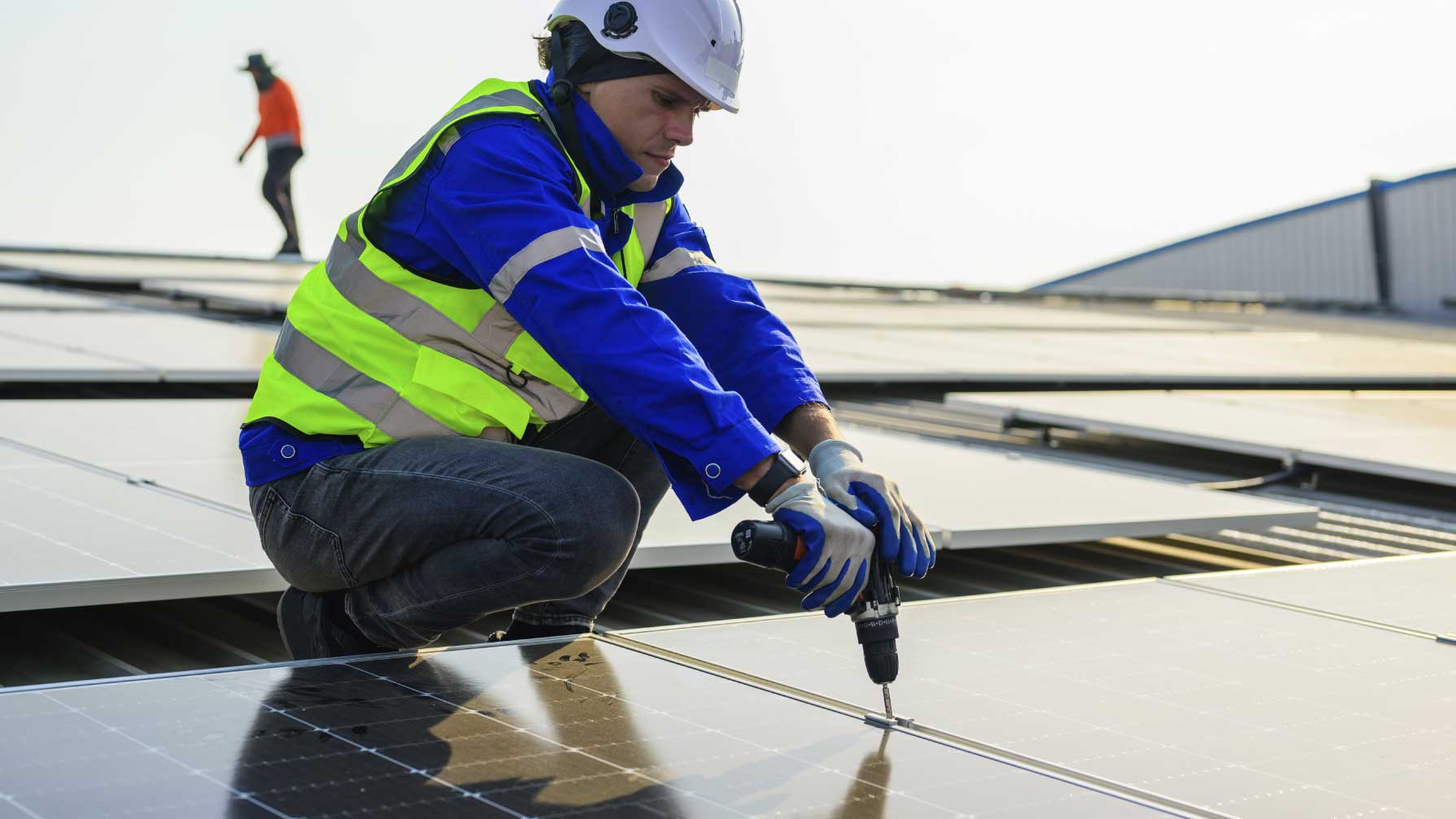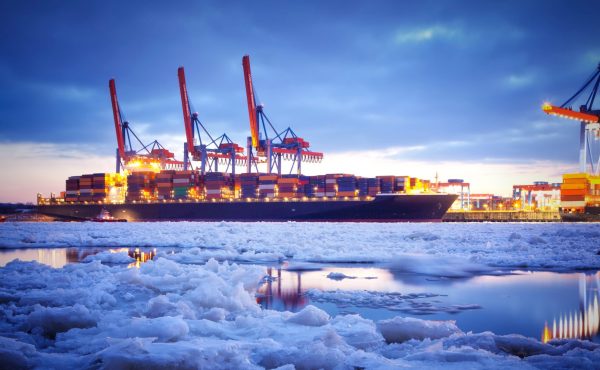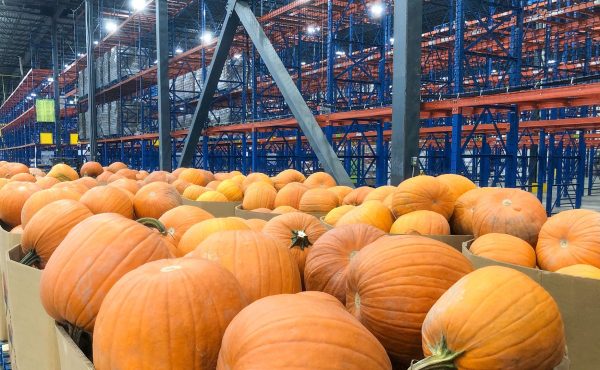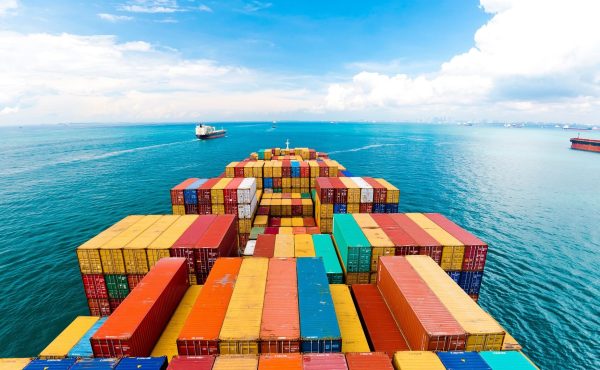How can solar panels be transported internationally?
Every day, awareness of the importance of caring for the planet and the environment is growing. The emergence of renewable energy on a small and large scale is contributing to this task of safeguarding natural resources in order to leave a better world for future generations.
The growing interest in solar energy has led to a significant increase in the demand for solar panels worldwide. As the solar industry expands, transporting these types of materials used to capture sunlight and convert it into energy has become a vital part of the process. However, all of this presents unique challenges due to the fragile and bulky nature of solar panels, as well as the regulations and standards governing the transportation of goods in different countries.
The transport of solar panels and all the components associated with this type of renewable energy can be done by road by truck or rail, by air or by container ship. What issues need to be considered when transporting photovoltaic solar panels?
- Suitable packaging: The first step is to ensure proper packaging for the solar panels. Since the panels are fragile and susceptible to damage during transport, quality packaging materials and cushioning techniques should be used to minimize shock and vibration. This includes the use of sturdy pallets and protective cushioning elements that will go inside the shipping container protecting each product individually. The panels must be placed with a cardboard or plastic sheet between each two plates and have edge and corner protectors.
- Documentation and labeling: It is essential to ensure compliance with documentation and labeling requirements. This involves preparing shipping documents such as commercial invoices, packing lists, customs documents, and clear labeling.
- Selection of the mode of transport: Selecting the right type of transport is essential for efficient and safe transport. Depending on the distance and conditions, one type of transport may be chosen. Each mode of transport has its own regulations and restrictions, so it is necessary to seek advice and comply with the specific requirements of each.
- Regulations and legislation: There are various regulations and legislation affecting the transport of goods, including solar panels or photovoltaic panels, internationally and in relation to each country. It is vital to familiarize yourself with these regulations and ensure that all relevant legal provisions are followed. Bear in mind that, if the transport is international, it will be subject to customs duties.
- Cargo insurance: Given the value of solar panels and the potential risks during transport, it is recommended that adequate cargo insurance is in place. The insurance should cover damages or losses that may occur during transportation, providing peace of mind and financial protection in case of any eventuality.

A solar panel transport company
Depending on the installation site, solar panels can have different sizes. If we are talking about an area of land of several hectares in the countryside, it is possible to install larger photovoltaic panels than if they are to be placed on the roofs of apartment blocks. Therefore, the number of solar panels that fit into a container will vary depending on their size.
Throughout the logistics process, care must be taken to avoid micro-cracks or cracks in the panels due to improper handling or transport that does not protect the products.
If you are a manufacturer or a buyer of photovoltaic panels and you would like to transport solar panels to increase the use of renewable energies in a positive way in a region or city, you should contact Logisber now.
Our team of professionals will give you personalized instructions on the steps to follow for a successful, fast, and safe transport with a traceability that will allow you to track the status and situation of the goods in real time.
Categorías
Compartir









